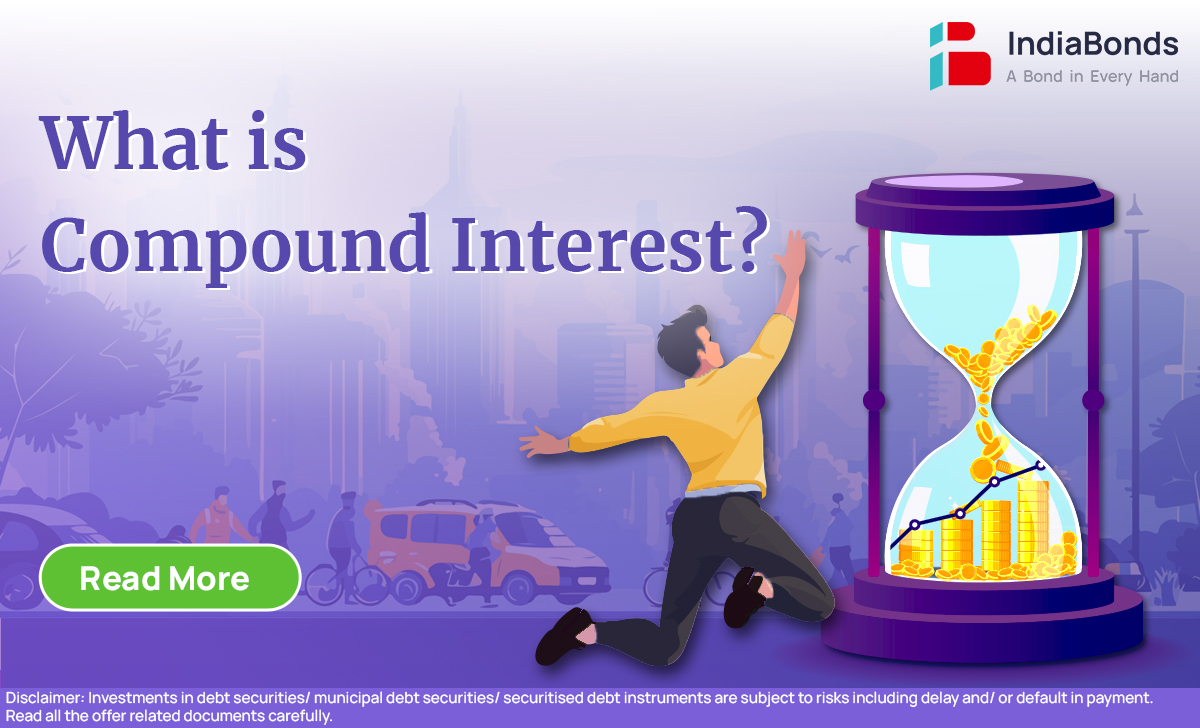
Picture this: you’ve got a little money pot, right? You put some rupees in there. Now, the bank, or wherever you keep it, gives you a little extra, like a bonus, for keeping your money with them. That’s called interest.
Now, here’s the cool part: with compound interest, that bonus money? It starts earning its own bonus! It’s like your money is having little baby money that also grows up and makes more money. It’s a snowball effect, you know?
Let’s Make it Real Simple:
You’ve got ₹10,000, and you want to save up for that trip. You put it in a savings account, and the bank says, “You will get 10% interest every year.”
First Year: Boom! You get ₹1,000 extra. Now you’ve got ₹11,000. Easy peasy.
Second Year: This is where the magic happens. Instead of just getting 10% on the original ₹10,000, you get 10% on the whole ₹11,000. That’s ₹1,100! So, now you’ve got ₹12,100.
See? It’s not just growing, it’s growing faster. That’s compound interest for you. It’s like your money is on a roll!




Compound interest is your friend. It’s a simple way to make your money work harder for you. Just start saving, be patient and let those little helpers do their thing.
Compound interest earns returns on both the principal and accumulated interest, whereas simple interest is calculated only on Th3he principal.
Fixed deposits, specific bonds, mutual funds and retirement accounts are great investment avenues benefiting from compounding.
It depends on the investment. Some compound annually, while others do so monthly or quarterly. Higher compounding frequency leads to better returns.
Yes, credit cards and certain loans use compound interest, which can result in significant debt if payments are missed.
The major disadvantage is that it takes time to maximize benefits. Also, in loans, compounding can increase debt burdens.
Disclaimer : Investments in debt securities/ municipal debt securities/ securitised debt instruments are subject to risks including delay and/ or default in payment. Read all the offer related documents carefully.